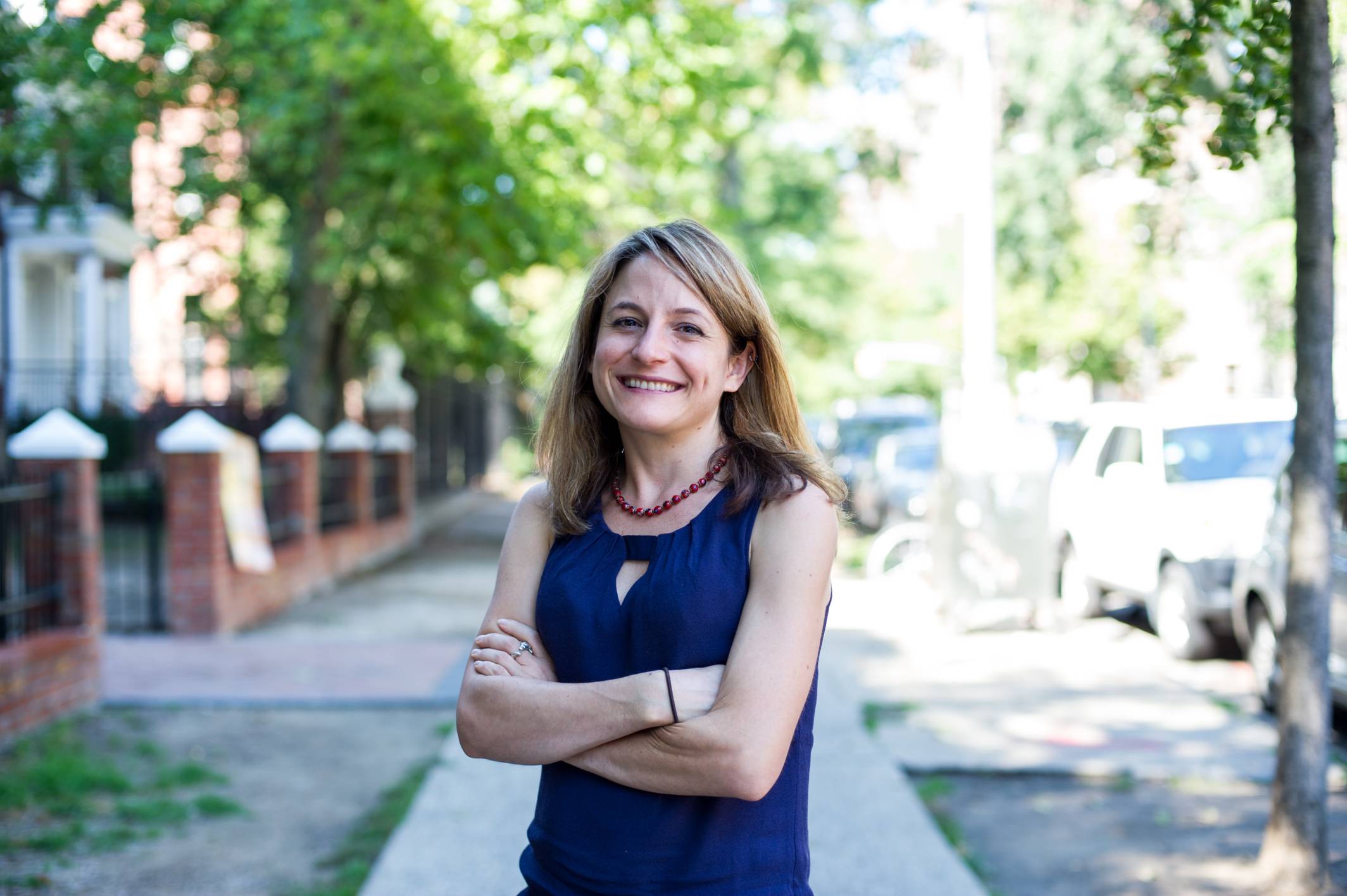Interview with Karen Russell, Endowed Chair

The MFA at Texas State provides students the chance to learn from internationally renowned writers, including a rotating Endowed Chair who teaches workshops for two fall semesters, as well as hosts readings, master classes, and panels throughout the year. Texas State is proud to welcome Karen Russell, a finalist for the Pulitzer Prize, as the Endowed Chair for 2017-2020.
What is it like to join the Texas State Community?
Karen Russell [KR]: I have been looking forward to this for years, plural. I have been living in Portland, Oregon for the past several years, where fall means that rains enclose us for several misty months. The Texas sun is shining in November; people are still swimming in the San Marcos river! Texas State is a vibrant and diverse campus. Energy sheets off the student body, and people here have made me feel so welcome. Our MFA program is rigorous, filled with serious-minded and wildly creative writers and critical thinkers. I was also struck by how much people here genuinely like and esteem one another.
What has been the most surprising thing about being the Endowed
Chair?
KR: I think I'm still a little bit in shock that I am the Endowed Chair! When I look at the list of past Endowed Chairs: Ben Fountain, Cristina Garcia, Denis Johnson, Tim O'Brien, just to name a few, I am agog that I get to be included on that roster.
Last year, you invited quite a few people to Texas State for different types of panels: Tony Perez to talk about self-editing and publishing, Jim Shepard and John Freeman discussing Denis Johnson, Riva Galchen and Willing Davidson to talk about the editing process, and Kelly Link to visit with fiction writers for a week. What was the inspiration for these panels? How did they come about? What was your goal with offering them?
KR: Well, it's no hyperbole to say that Texas State's MFA program has one of the best Visiting Writers series in the country. Ocean Vuong, Gabrielle Calvocoressi, Lauren Groff, Martin Espada, Nnedi Okoraftor: I mean, are you kidding me? And that's just the roster for this year [2017-2018]. Given that so many amazing writers already visit our campus we—the leaders of the English Department and I—felt that we could do something a little different with the Endowed Chair's funding line. So we paid tribute to Denis Johnson; Tony Perez's talk focused on the nitty gritty of editing and publishing, which provided a venue for questions pertaining to life post-MFA; and Rivka [Galchen]’s and Willing [Davidson]'s upcoming conversation was about how authors and editors work together in the real world. I remember, in my own graduate program, really desperately wanting to learn more about publishing and revision.
In the spring, Kelly Link visited us for a week, a sort of mini-residency that gave students the opportunity to spend quality time with her in a way that is rarely possible during a short visit.
The Endowed Chair teaches a workshop each fall. What has that been like? Have you tried anything new with this workshop that you hadn’t tired with your previous ones?
KR: I love my workshop. I can't overstate how impressed I've been, both by the quality of the writing and by the level of discourse. We have terrifically smart writers and readers in our class, doing such moving and original work. I've also laughed so much this semester--always a good sign.
Now, I realize this is not going to sound like such a novel feat in the twenty-first century, but here's one new thing I'm trying: I have been using the board this semester. The board has always terrified me, as an instructor. Who wants fossils of old thoughts lingering in the room? But in fact, mapping out stories collaboratively on the board has been so helpful.
I think many teachers, myself included, default to a model that we know from personal experience; we try to replicate our own best workshop, whatever worked for us as students. But you guys have given me the courage to experiment. I've been encouraged by the willingness of our workshop to try new things, to switch the model for certain stories. Many thanks also to the amazing Doug Dorst, who inspired me by example to try workshopping experimental pieces in small groups.
Karen Russell, a native of Miami, won the 2012 National Magazine Award for fiction. Her first novel, Swamplandia! Was a finalist for the Pulitzer Prize in 2011. She is a graduate of the Columbia MFA program, a 2011 Guggenheim Fellow, a 2012 Fellow at the American Academy in Berlin, and a 2013 MacArthur Fellow. She is also the author of St. Lucy’s Home for Girls Raised by Wolves, Vampires in the Lemon Grove: Stories, and Sleep Donation: A Novella. She lives in Portland with her husband and son.